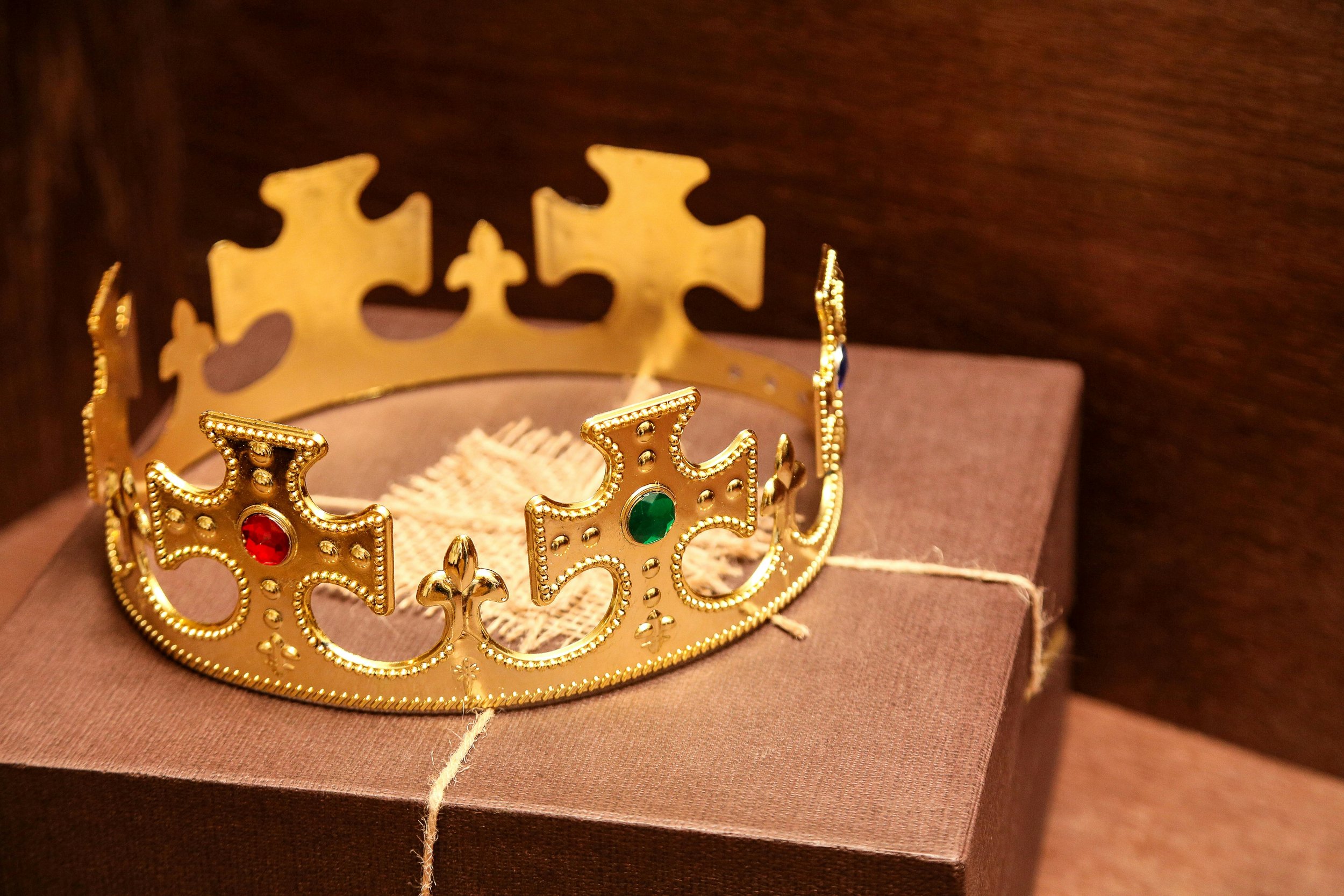Hands Off of Our Crowns: Divina Boko

Tyler the Creator’s new album, Chromokopia , has been on the top of everyone’s mind for the past month. As of November 23, 2024, it has reached No. 1 on the Billboard 200 chart. While there are a number of amazing tracks, one that has the black community stirring is the track titled, “I Killed You”. The song depicts a story of a black individual grappling with the issue that surrounds their hair.
Chromokopia’s album cover. | Image by Luis “Panch” Perez
Conforming to the white standard (that is deemed an “appropriate hairstyle”) not only strips them of their individuality but also their ties to their culture. It’s a story that many black Americans can relate to. This has made me ponder upon the ways the fashion industry has felt about black hair. Why is it always a point of contention? Why is black hair never enough as it is? Can black hair be fashionable?
History and Its Parallels
The plethora of black hairstyles exhibited today stem back to distinct ancient african ethnic groups. These styles were used to display status, ranking, ethnicity, manhood, religion, and even death. It was a beautiful thing that told a story. In 1444, Europeans arrived and kidnapped Africans no matter their status and shipped them off into foreign territory. While they did find their crowns to be elaborate, Europeans understood the importance of braids and shaved them off to display dominance. This was considered to be an “unspeakable crime”. The centuries after that consisted of slaves or at least their descendants having to get creative with the little resources provided to them. Kerosene, bacon grease, and sheep brushes were the only form of maintenance provided. Slavery ended in 1865 but the effects run deep.
Skipping ahead through time, the demonization of braids and locs were found in schools, in the workplace, even on the street. All of that changed in 1979 when a not so well known actress named Bo Derek made an appearance in a short film called “10”. She wore long cornrows, which was revolutionary for the time period and suddenly, braids were in but only for those who looked like Derek.
Bo Derek having her cornrows on display in the movie “10”. | Image by Alan Band/Keystone/Getty Images
To be or Not to Be Fashionable
In the runway world, we hear countless stories about how models don’t get proper scalp treatment as their white counterparts. Hairstylists that are supposed to be trained in all types of hair textures seem to always be in a tunnel of confusion when it comes to darker models. Writer Maliha Shoalib wrote in Vogue, "By failing to provide expertise in textured hair backstage, brands risk alienating talent, being called out on social media, and even damaging models' hair.” Models have to take measures into their own hands and get rid of something that means so much to them. All to make sure that they have enough money to have food on the table.
The truth of the matter is, we still struggle as a society to rid ourselves of the idea that eurocentric hairstyles are the only styles that are beautiful. I would be a liar if I didn’t say that the black community had a hand in perpetuating that standard. At the same time, we cannot ignore that white people have been placed on a higher pedestal and their beauty succeeds that of the cultures that they take from. I cannot put into words how fucking infuriating it is to have to fight tooth and nail to justify why my culture’s hairstyles can be accessible in school and in the workplace but most importantly in the fashion world. Braids can be editorial, locs can be editorial, but that doesn’t mean they are a costume. Instead of forcing others to kill that important part of themselves, let’s strive to have them embrace it.
Divina Boko is the brilliant mastermind behind this lovely article. Do yourself the honor of following the unforgettable fashion journalist and consulting her services!
Go Follow Divina Today!
Thumbnail Credentials: Dmitry Sidorov

